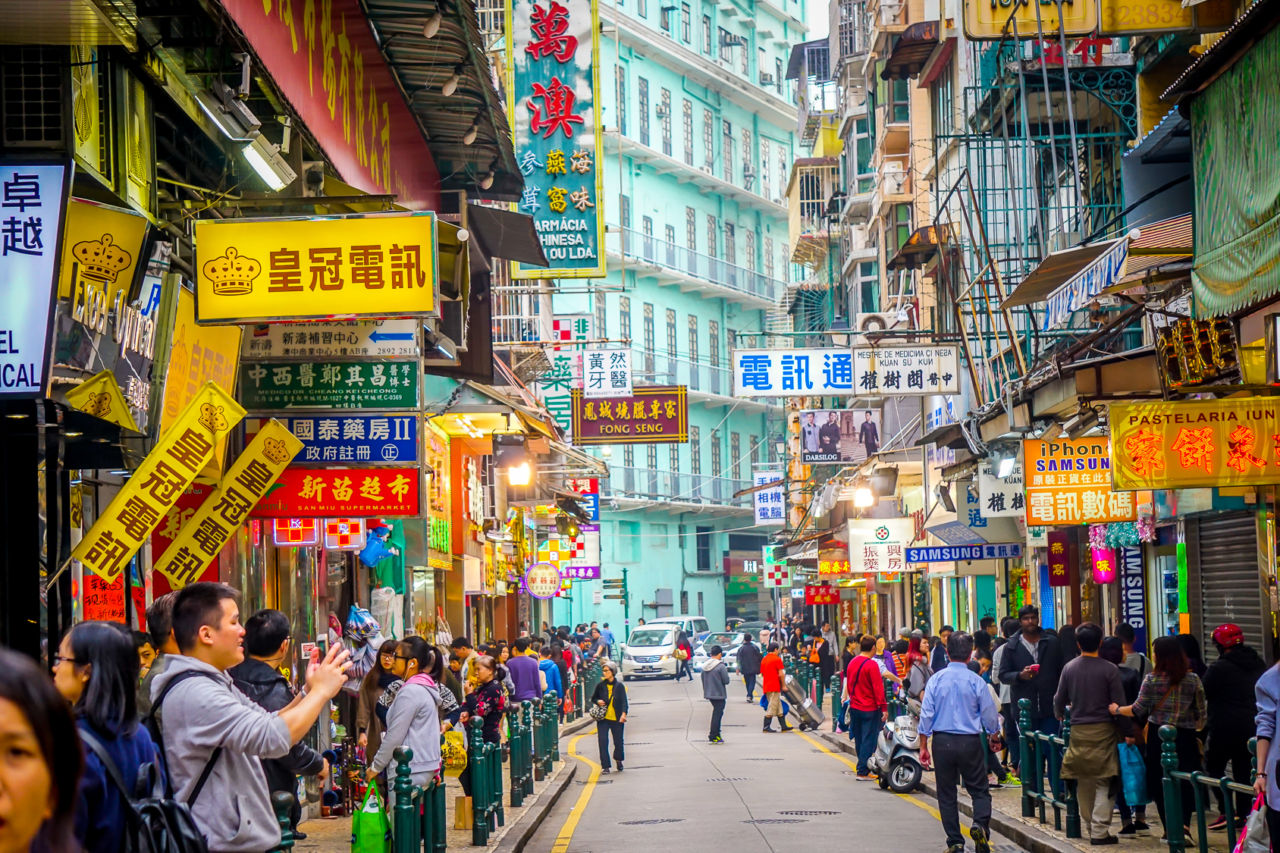
A retail outlet in Macau that sells cigarettes and liquor was recently raided after authorities uncovered illegal money exchange operations amounting to MOP 6.3 million. According to local reports, the store was facilitating unlicensed currency swaps—effectively operating as an underground exchanger that violates Macau’s stricter rules on gaming-related money flows.
The timing of the bust coincides with Macau’s enforcement regime following the October 2024 amendment of its “Law to Combat Crimes of Illegal Gambling,” which criminalised unlicensed money exchange in connection with gaming. Under the revised law, such exchanges, even if conducted outside casinos, can carry penalties including up to five years’ imprisonment and a possible casino entry ban of two to ten years.
This case forms part of a broader crackdown: between October 2024 and July 2025, nearly 600 individuals were arrested in connection with 387 cases of illegal money exchange in Macau. Authorities seized over HKD 71 million (consisting of cash and gaming chips) in these operations. Meanwhile, other recent busts include a syndicate that allegedly handled HKD 300 million in unlicensed exchange, with four suspects charged.
Law enforcement authorities say these illicit exchange networks help circumvent China’s capital controls and allow gamblers to move funds outside official banking channels. The Macau police have signalled that they will continue to carry out “precision operations” and intelligence-led crackdowns, especially in areas around casinos and entertainment venues.
However, challenges remain: proving that a transaction is linked to gambling (rather than a legitimate exchange) adds legal complexity. Also, underground networks often adapt quickly, dispersing into smaller nodes or employing more discreet channels. Analysts warn that while direct currency exchanges are being curtailed, other financial loopholes (like pawn transactions or disguised transfers) may see increased use.

 Content Writer: Janice Chew • Friday, 25/10/2025 - 15:58:33 - PM
Content Writer: Janice Chew • Friday, 25/10/2025 - 15:58:33 - PM